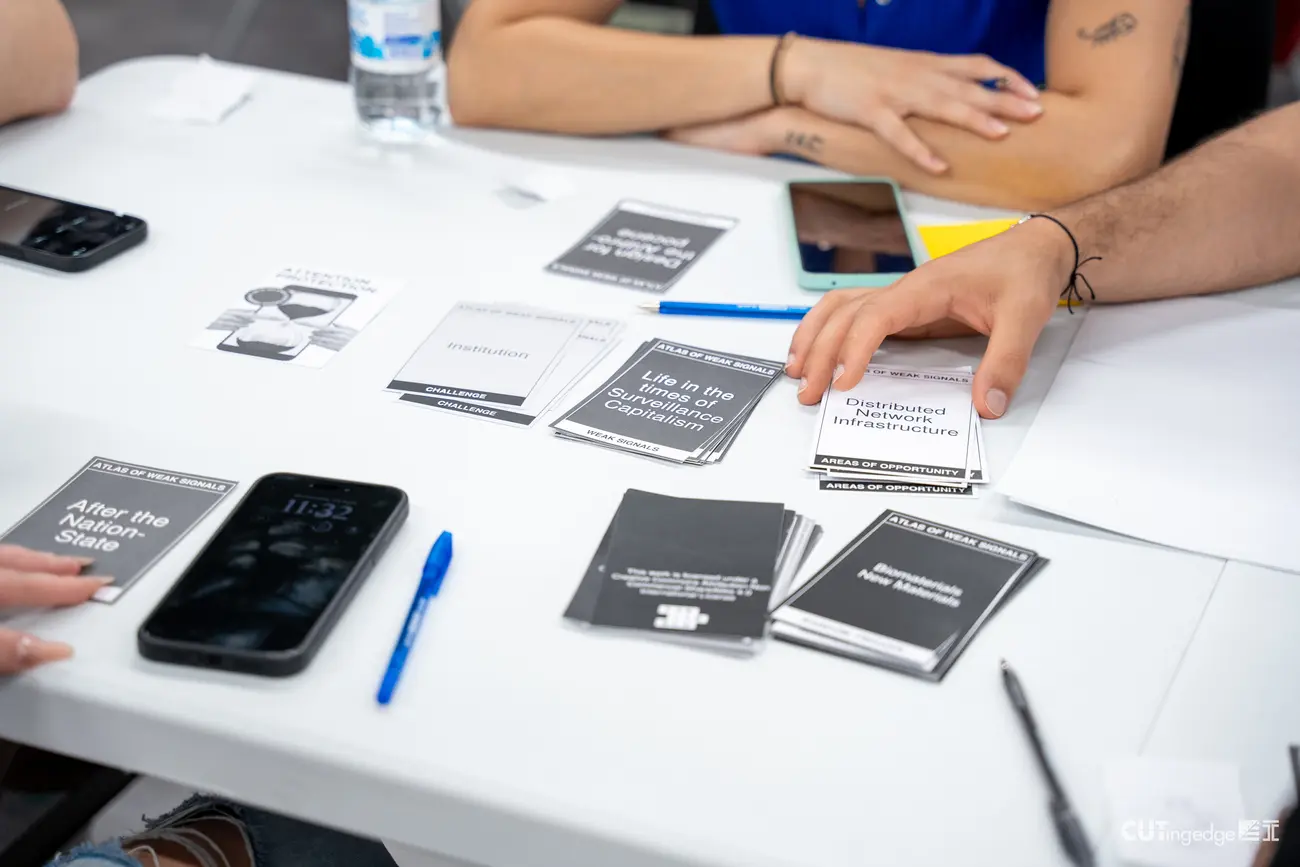
Intensive Study Programme Two: student programme
Intensive Study Programme Two: the student programme
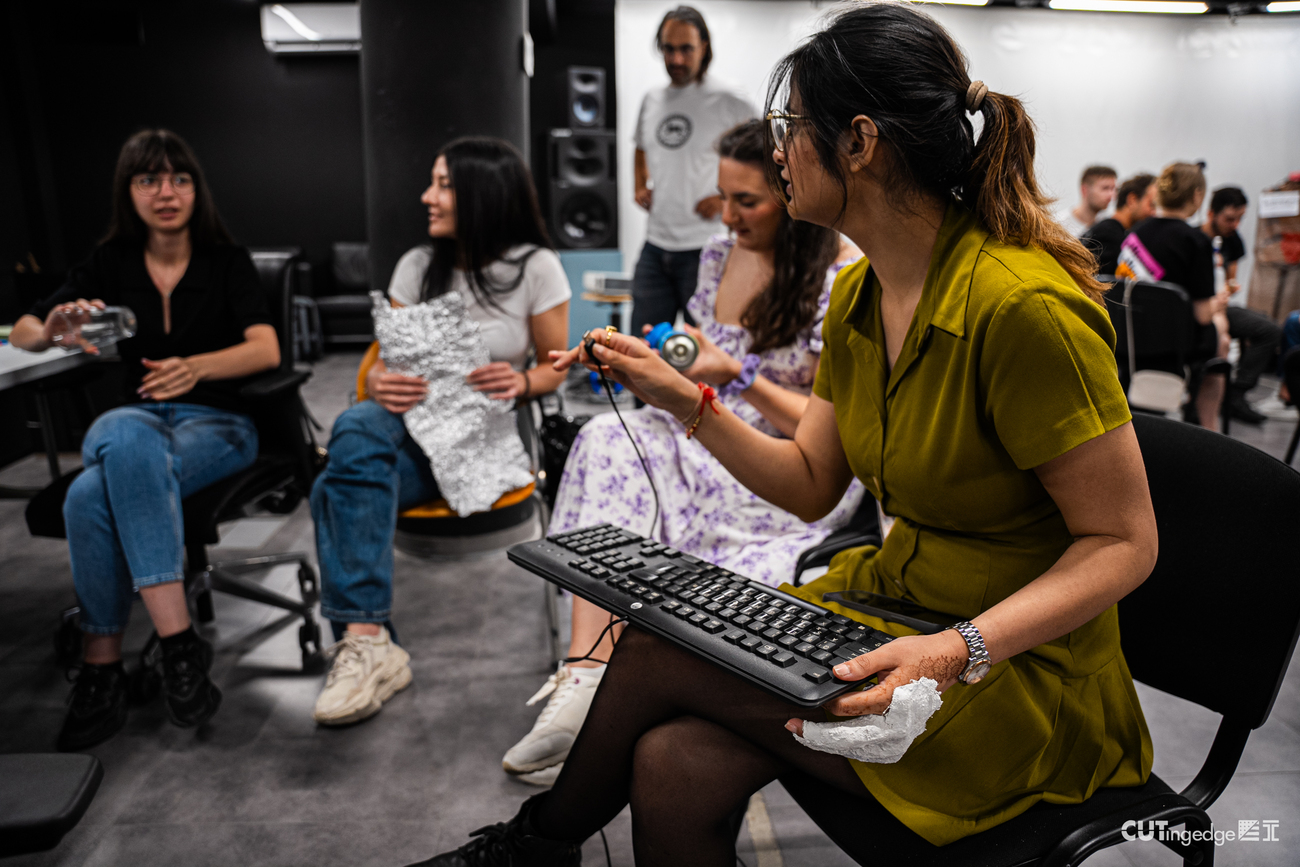
The Second Intensive Study Programme took place over three days in Limassol in April 2024, organised and hosting by Cyprus University of Technology. The Student Programme developed by PR4 and built on the work done by PR2 and PR3, the experience of ISP 1, and incorporating feedback and analysis from these events. The programme brought together a diverse group of students from consortium members chosen by an open expression of interest process. The programme included a repair hackathon and re-use sound workshop led by Dimitris Savva and Teresa Georgallis (CUT) and hosted by the Media Art and Design Lab (MADLab) with a sound performance.
Participants joined in three interactive game workshops exploring the different aspects of care aesthetics and its relationship to technological education with the games Atlas of Weak Signals, Revolt, and In the Loop. Each game session incorporated feedback from previous sessions and included structured feedback and roundtable discussion.
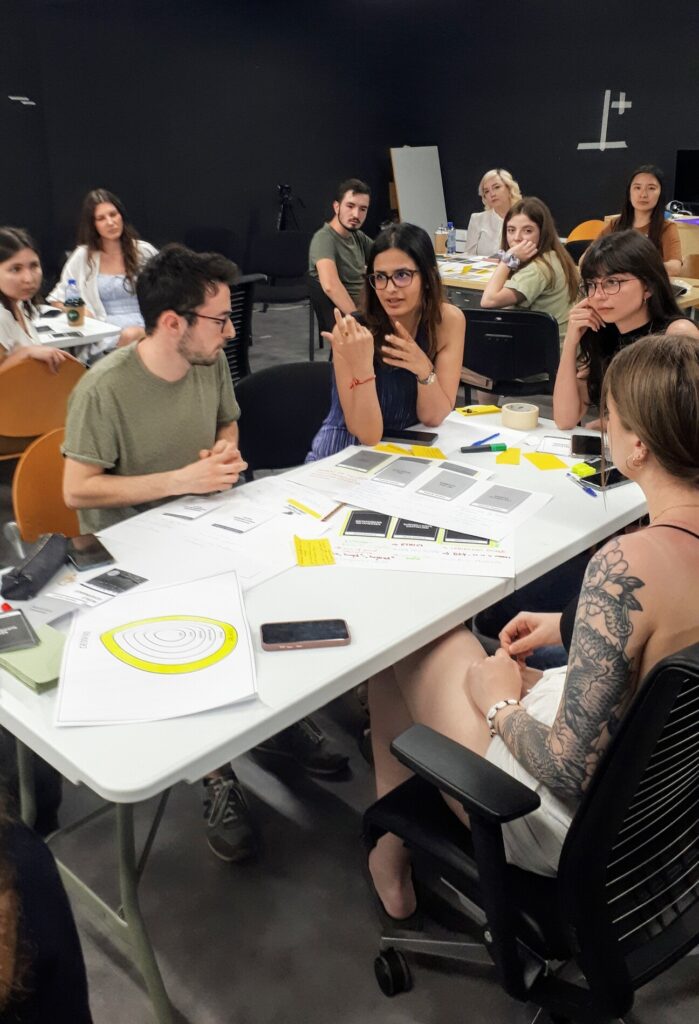
The programme included:
- Repair hackathon re-use sound workshop led by Dimitris Savva and Teresa Georgallis (CUT) where participants explored the sonic properties of everyday objects, re-using them in musical performances.
- Three interactive game workshops exploring the different aspects of care aesthetics and its relationship to technological education with the games Atlas of Weak Signals, Revolt, and In the Loop.
- Participant Feedback and discussion
ISP 2 Gallery: Sound & Games Workshops
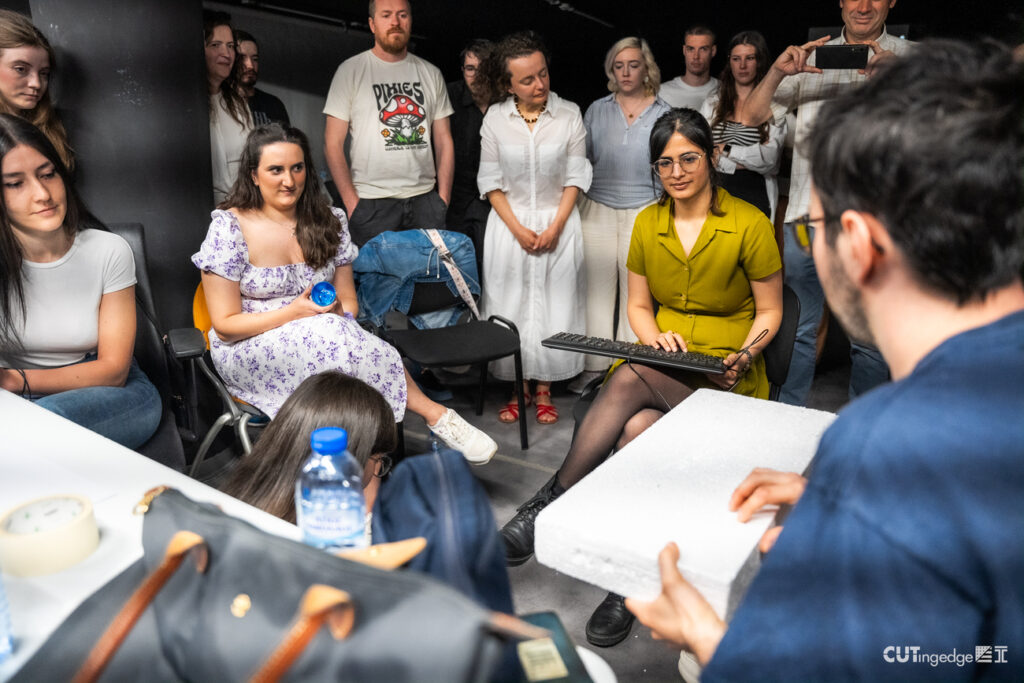
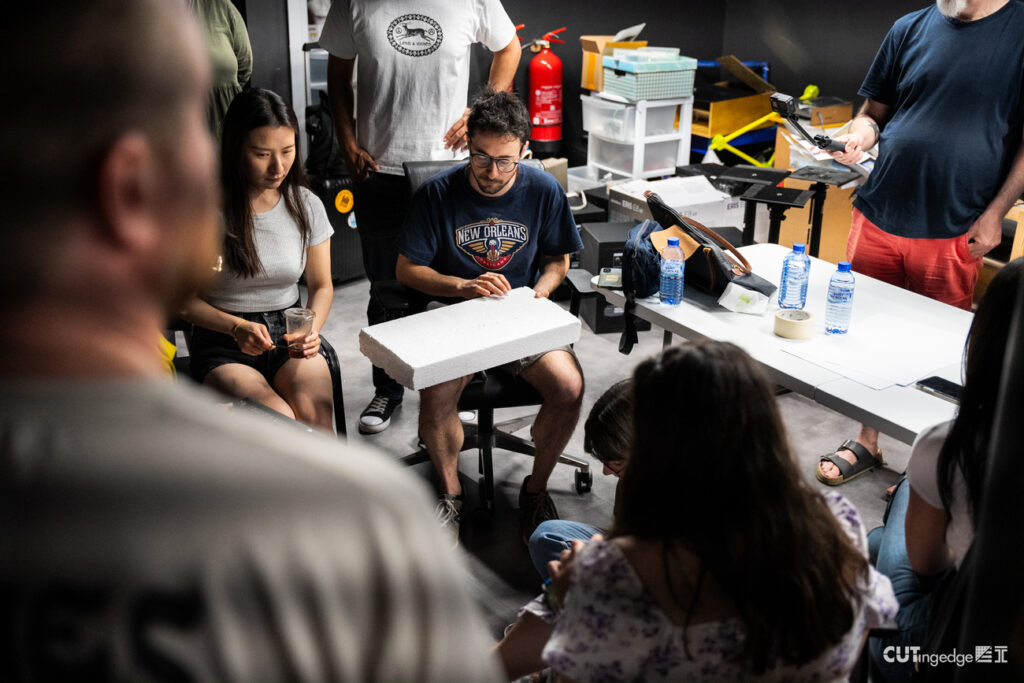
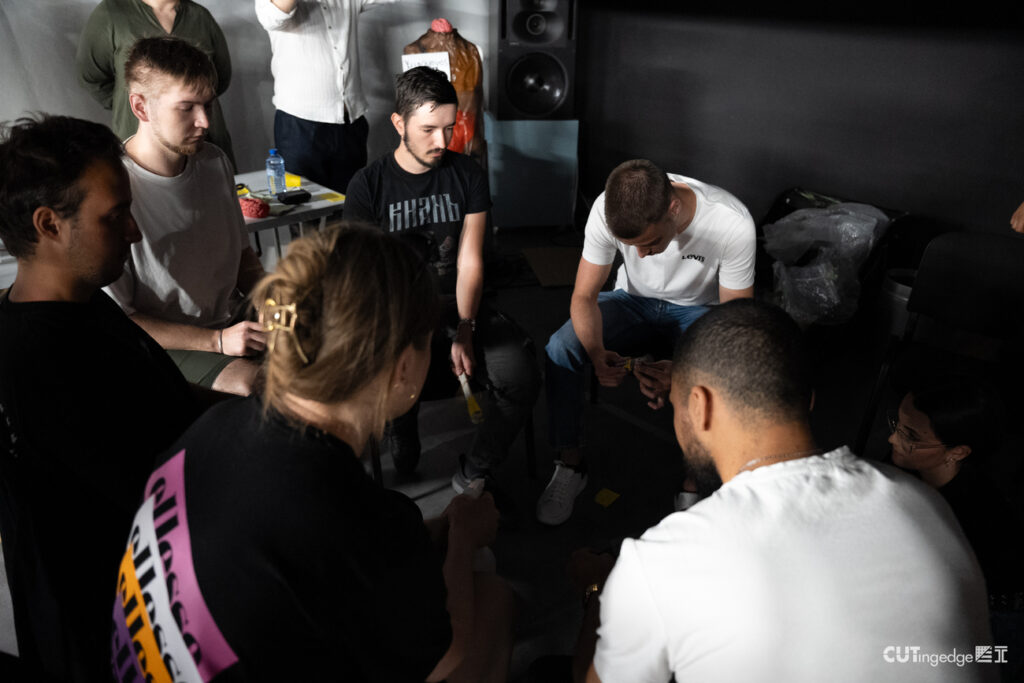
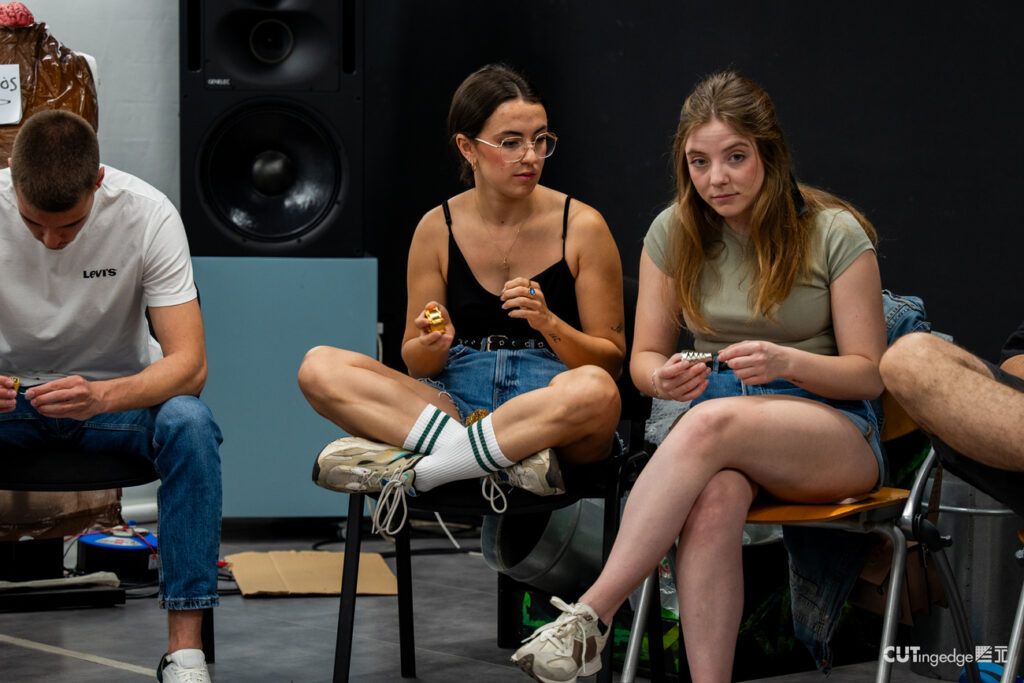
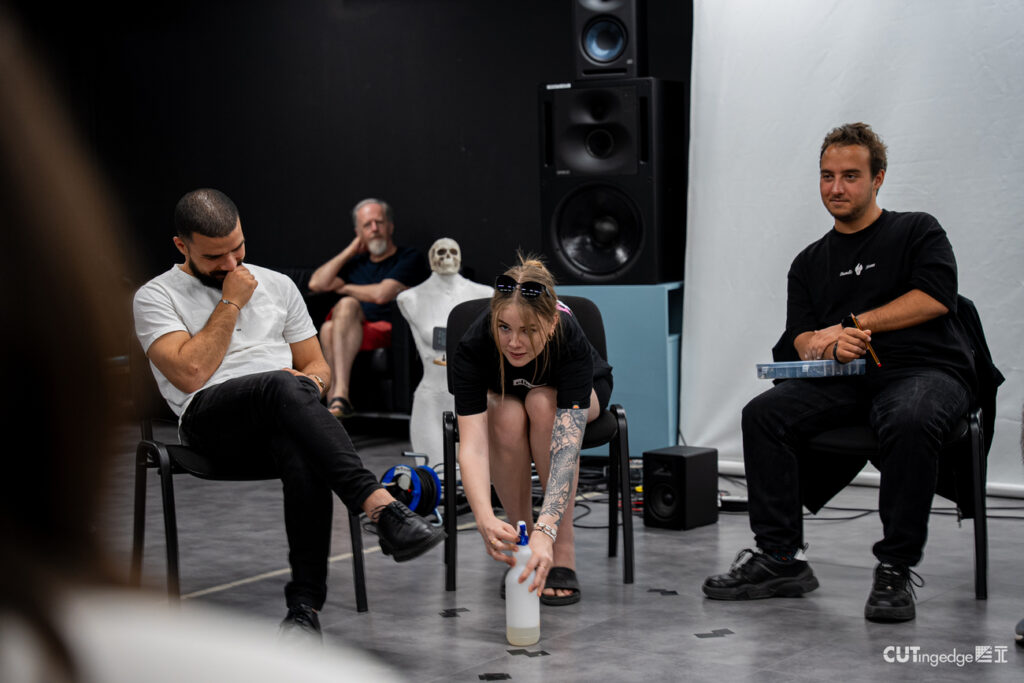
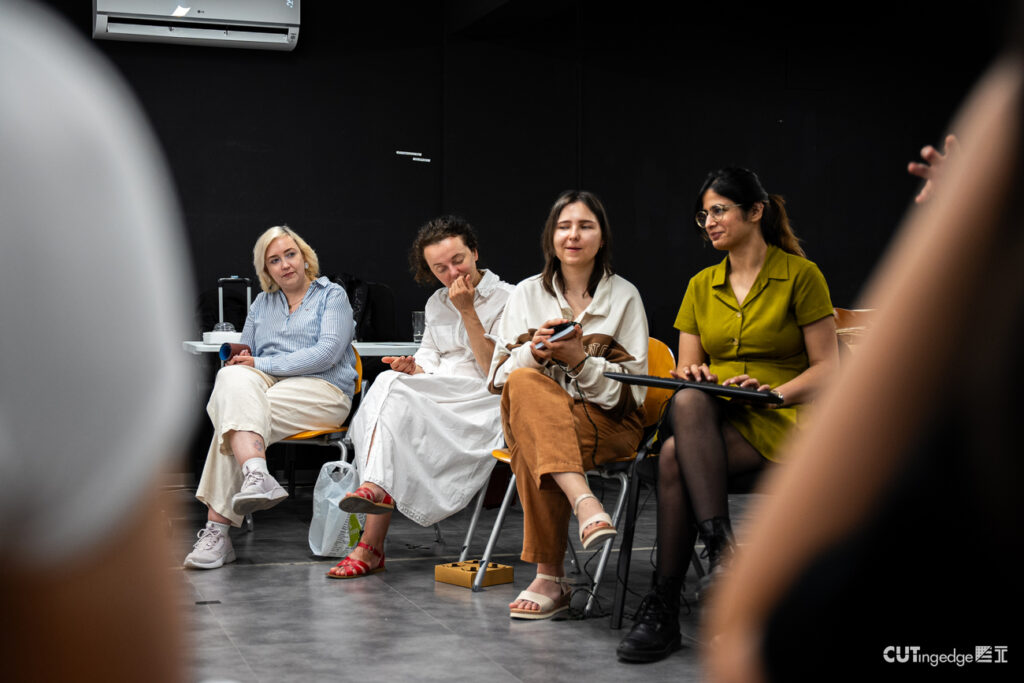
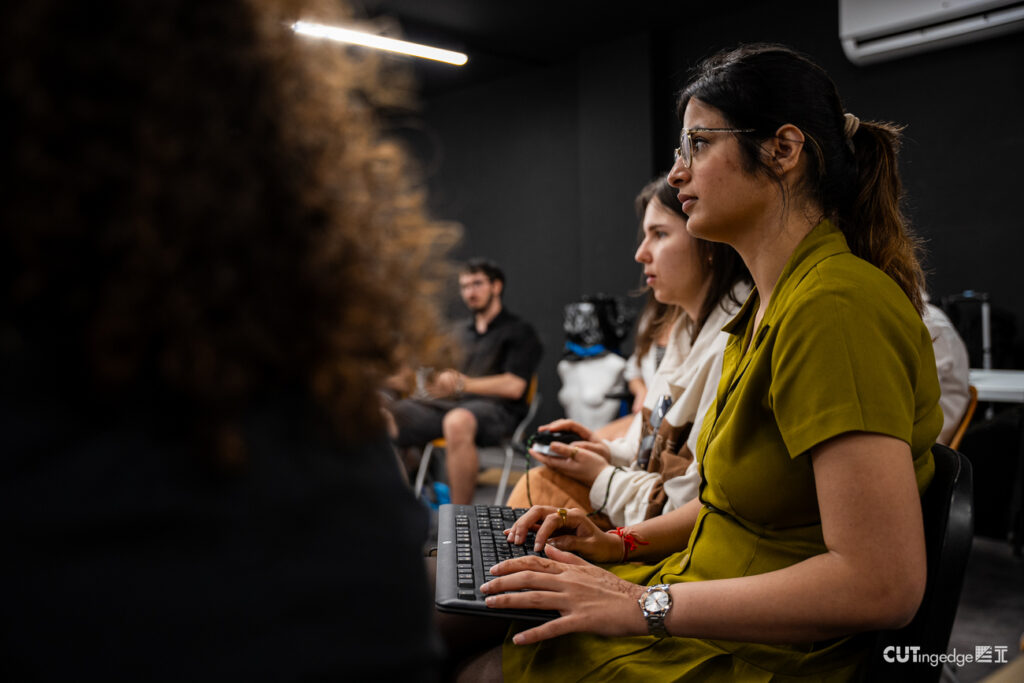
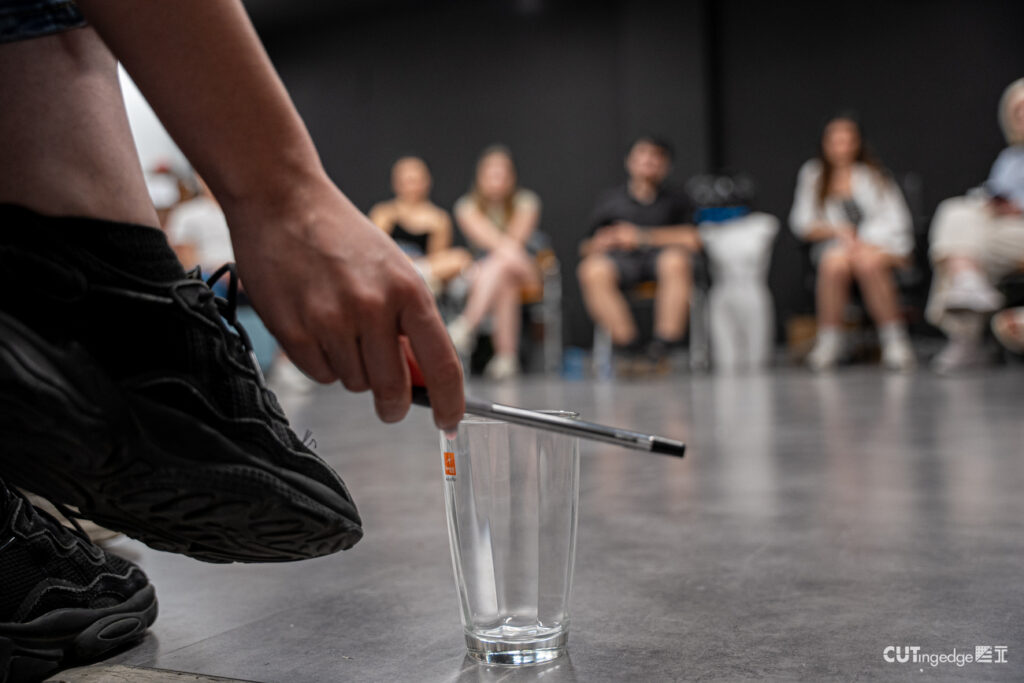
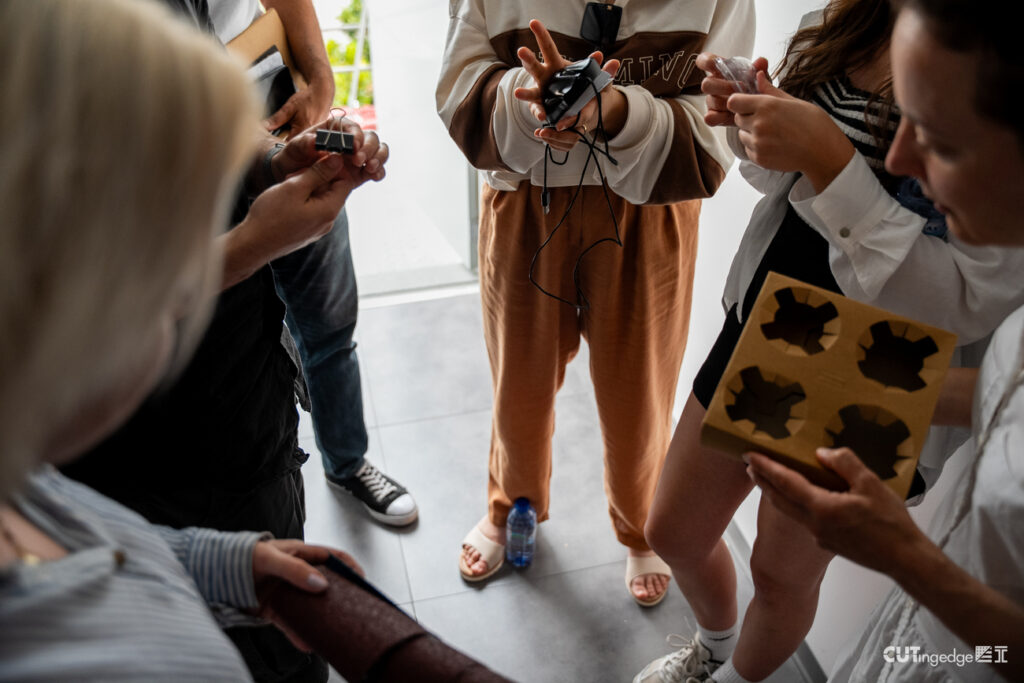
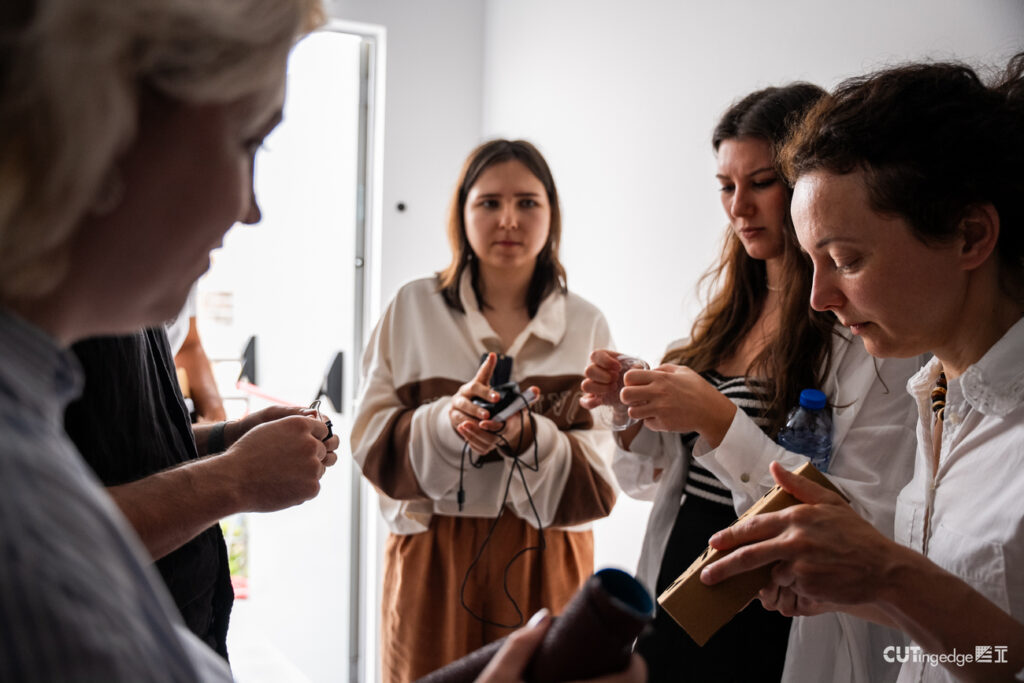
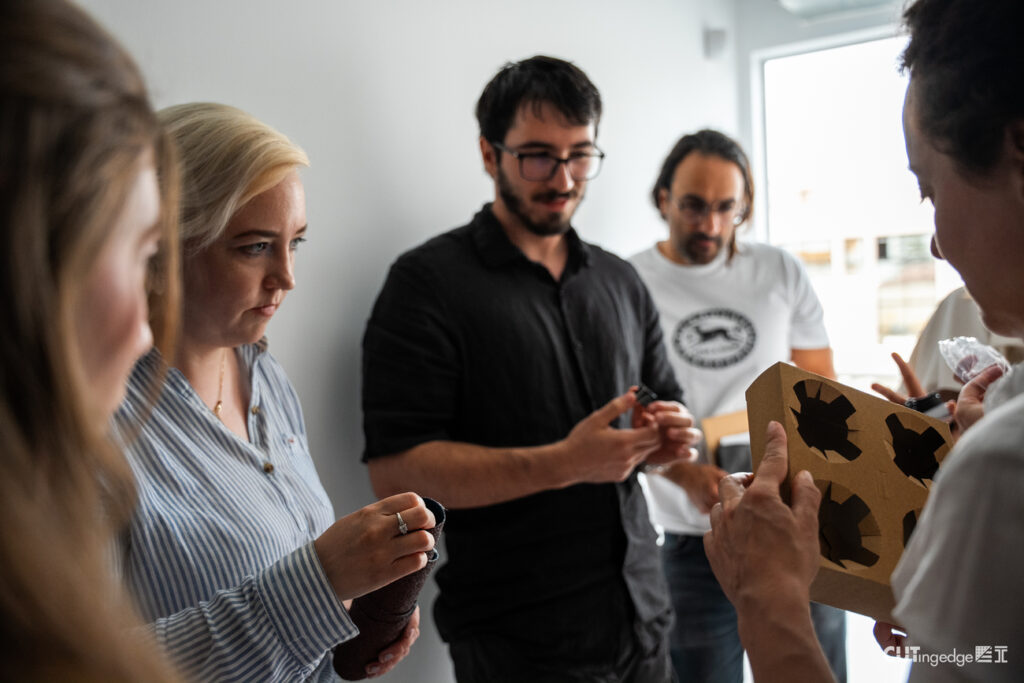
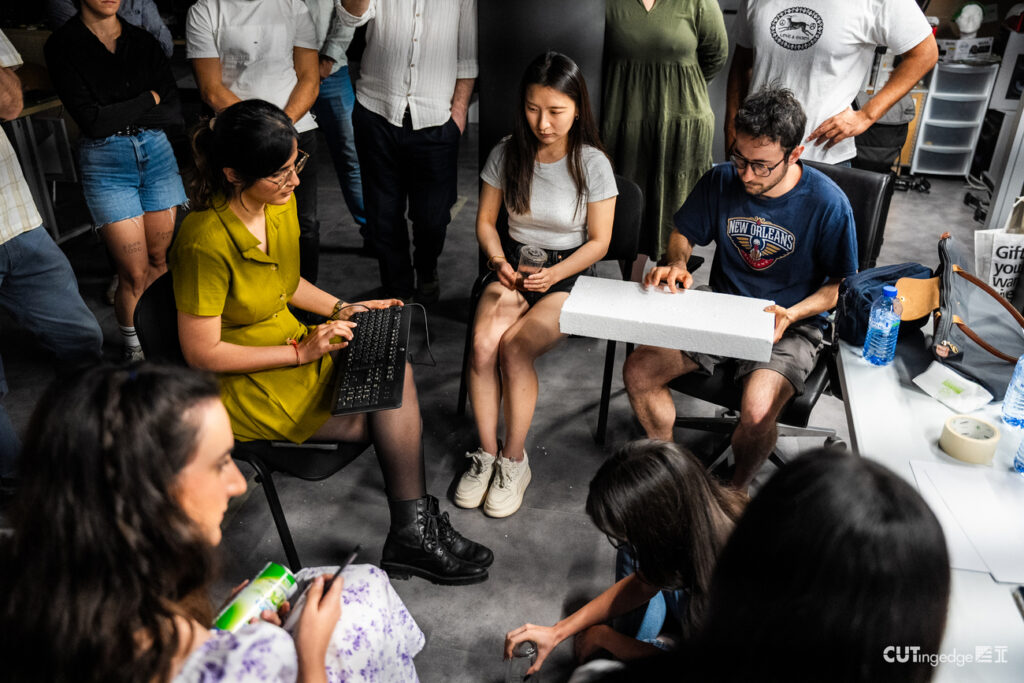
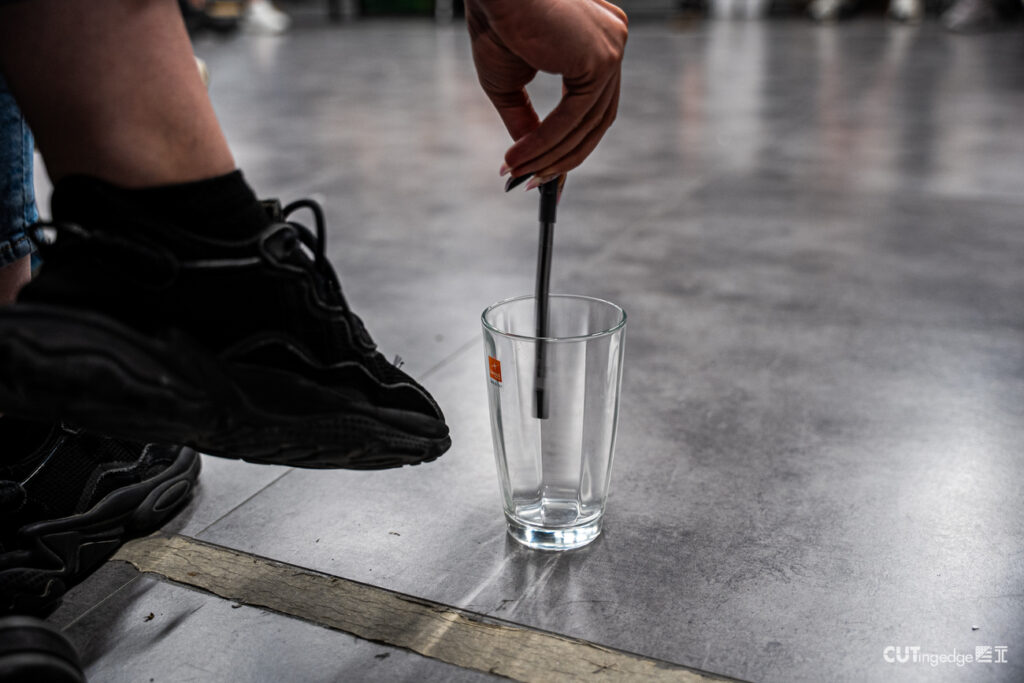
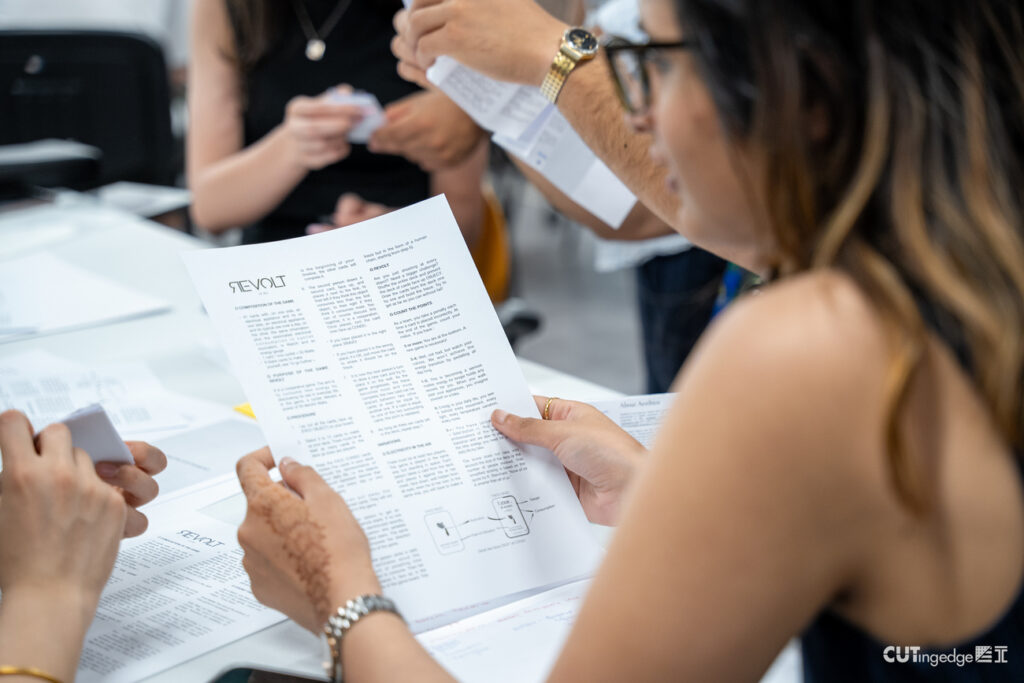
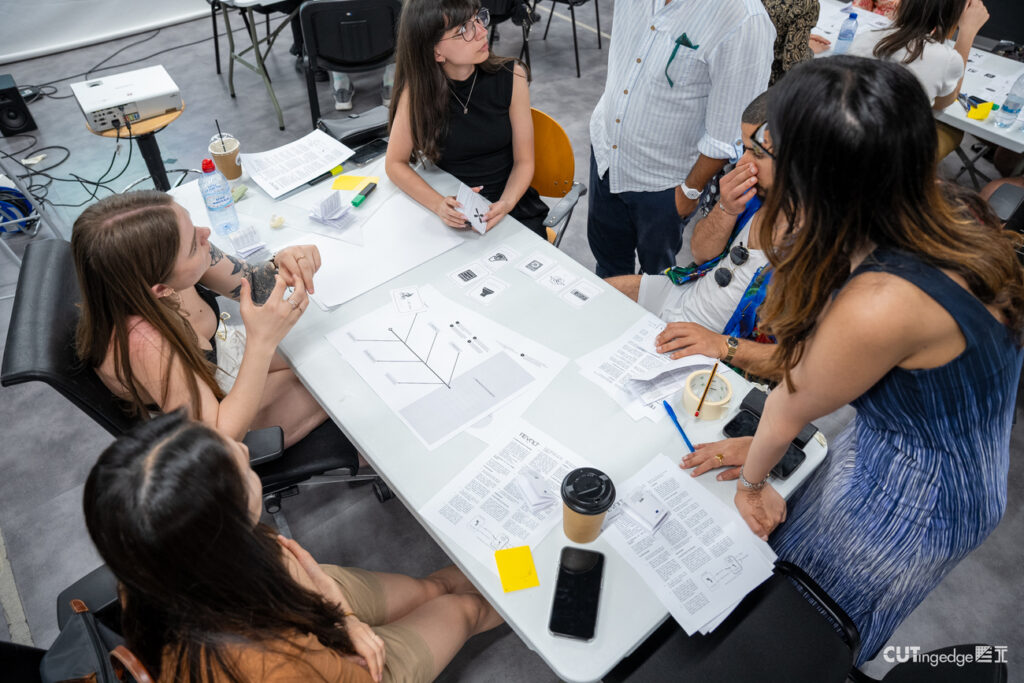
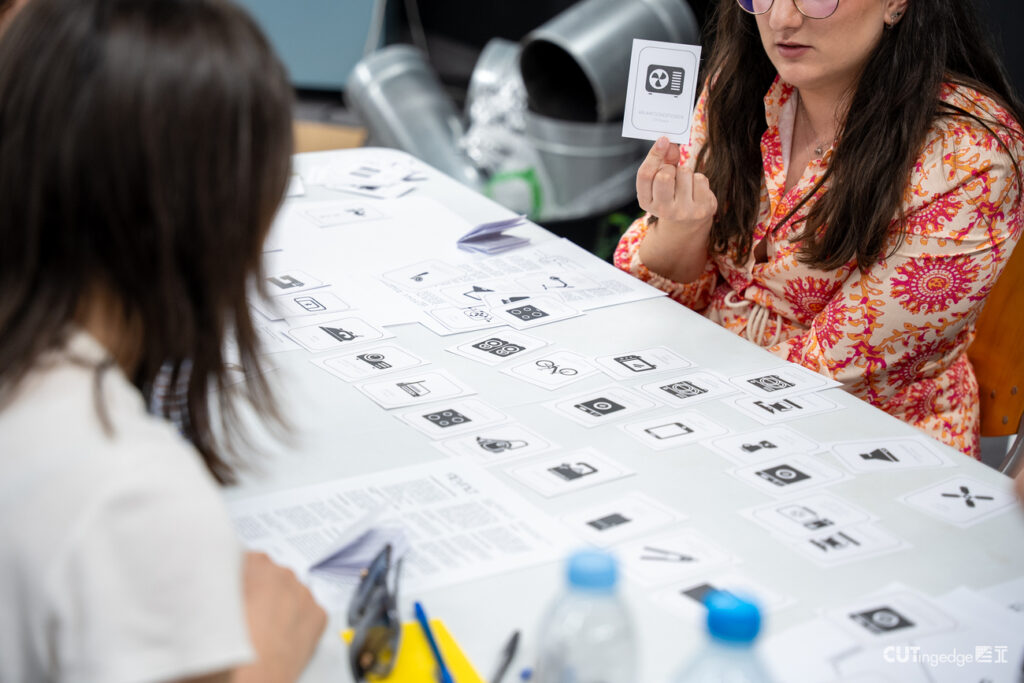
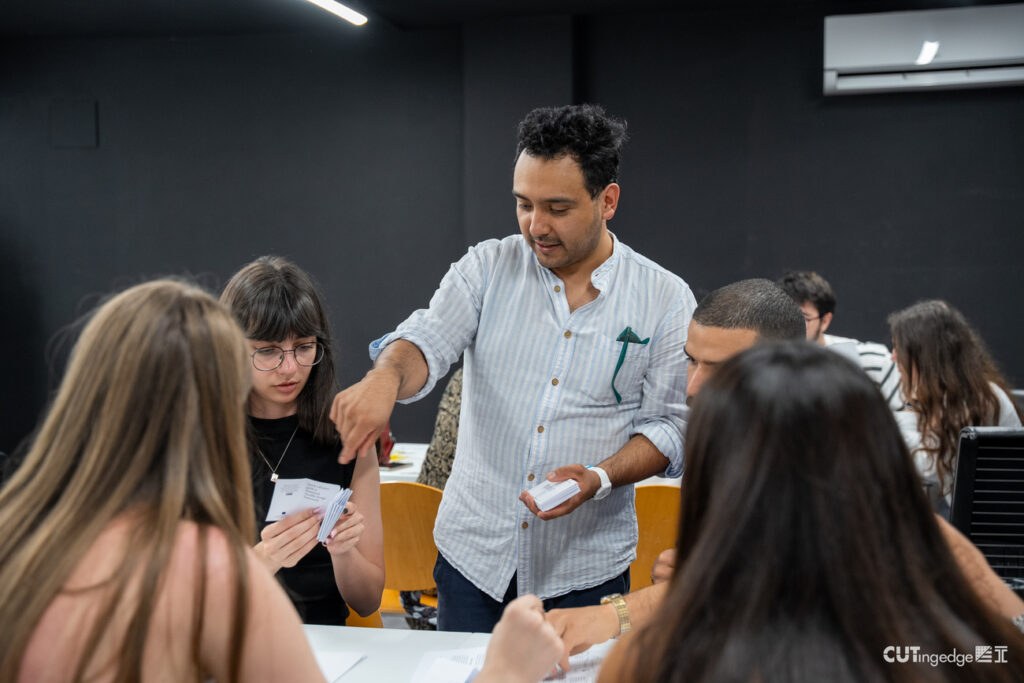
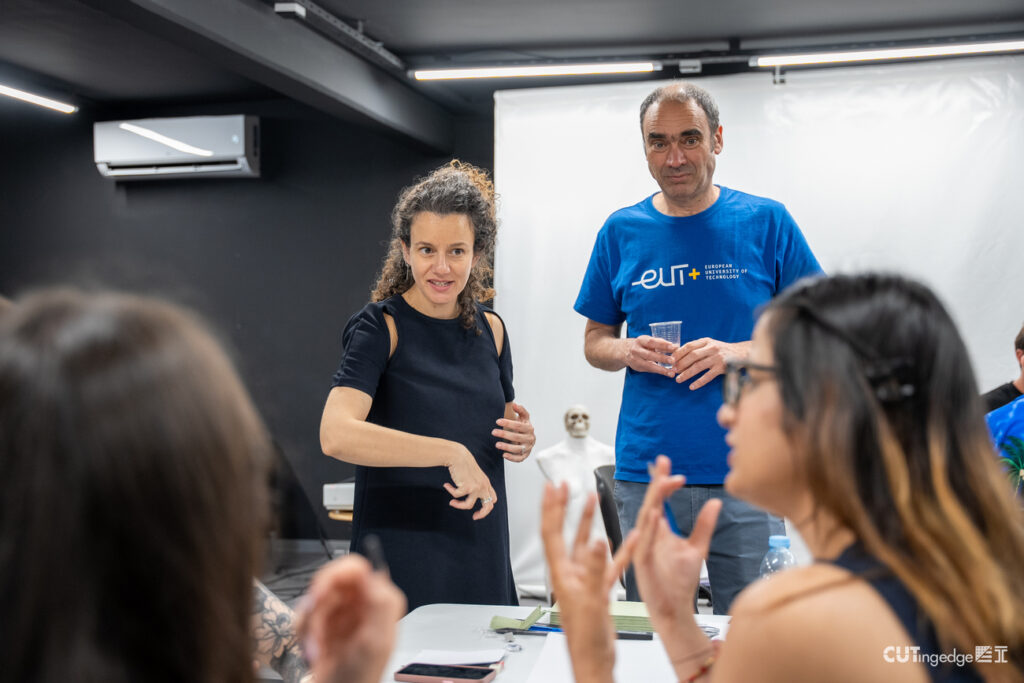
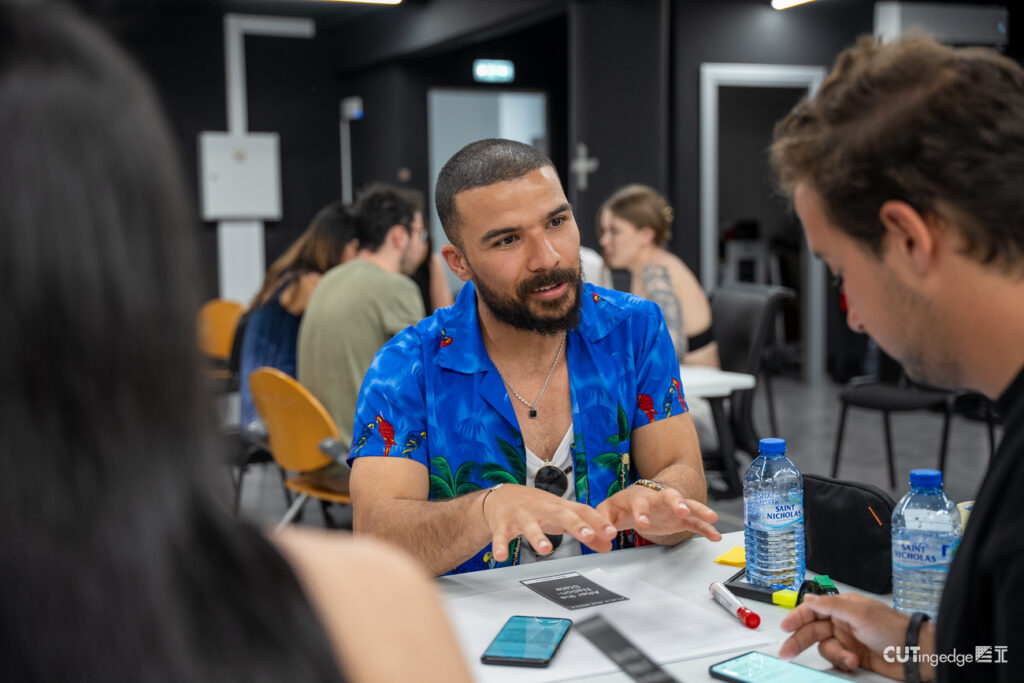
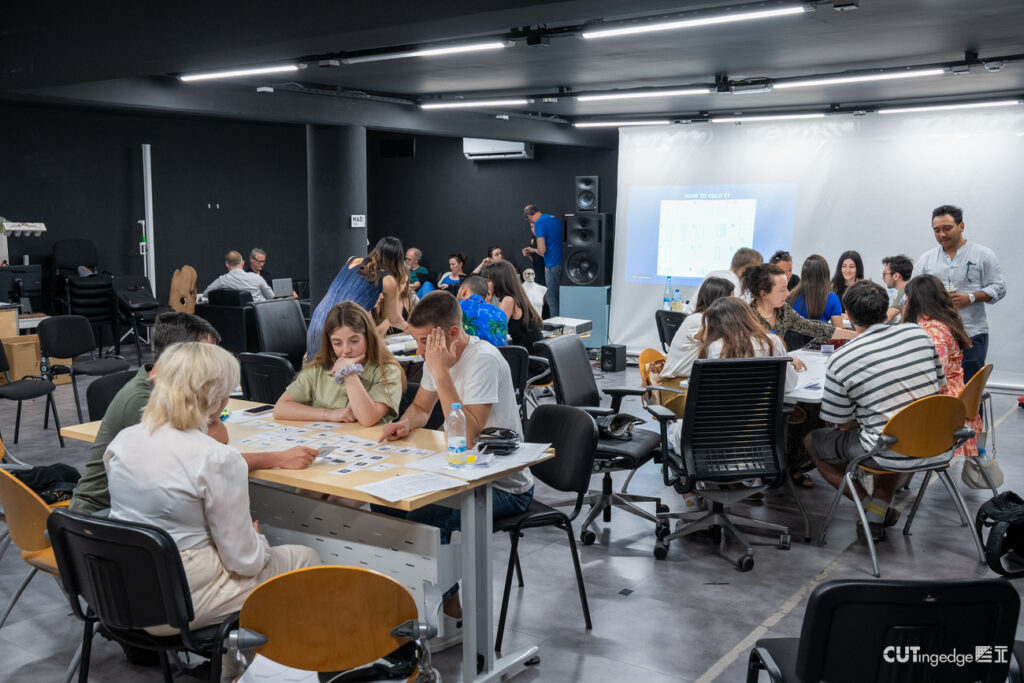
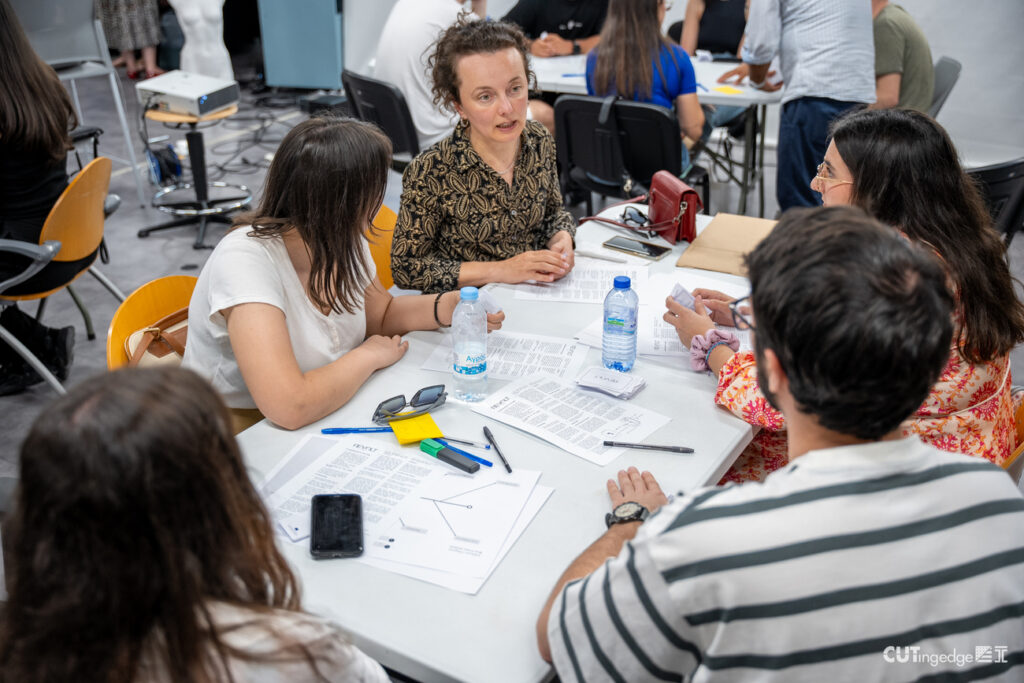
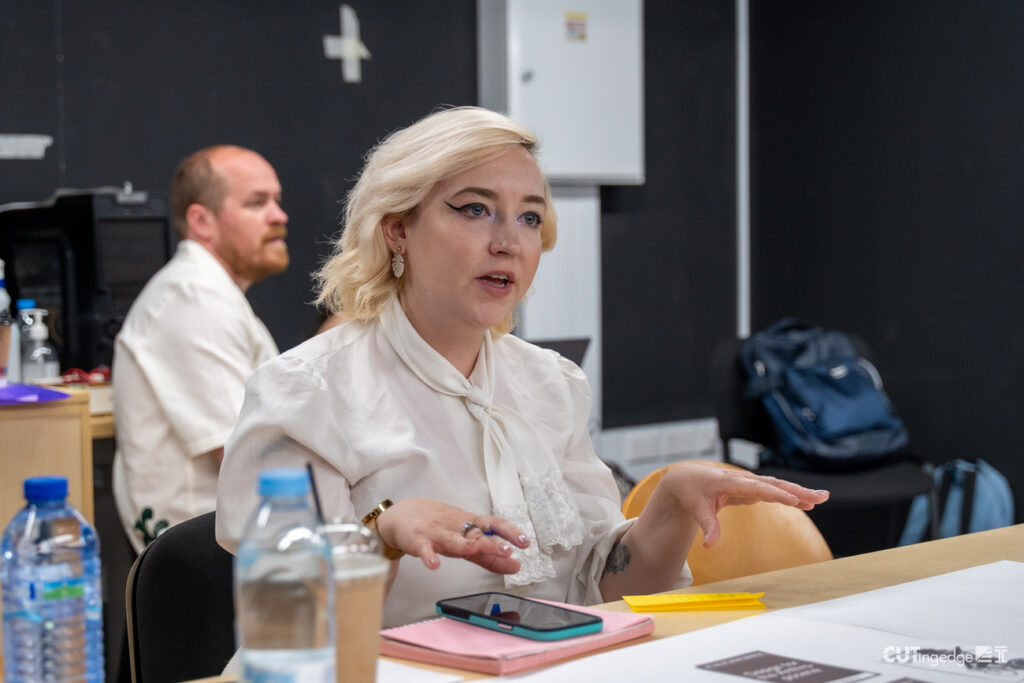
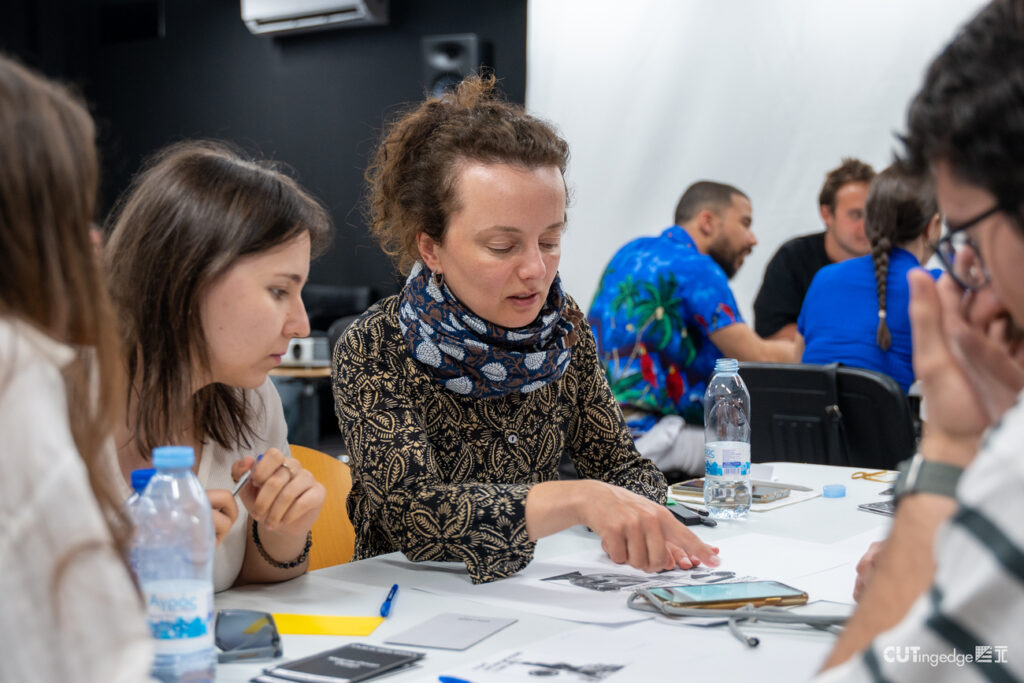
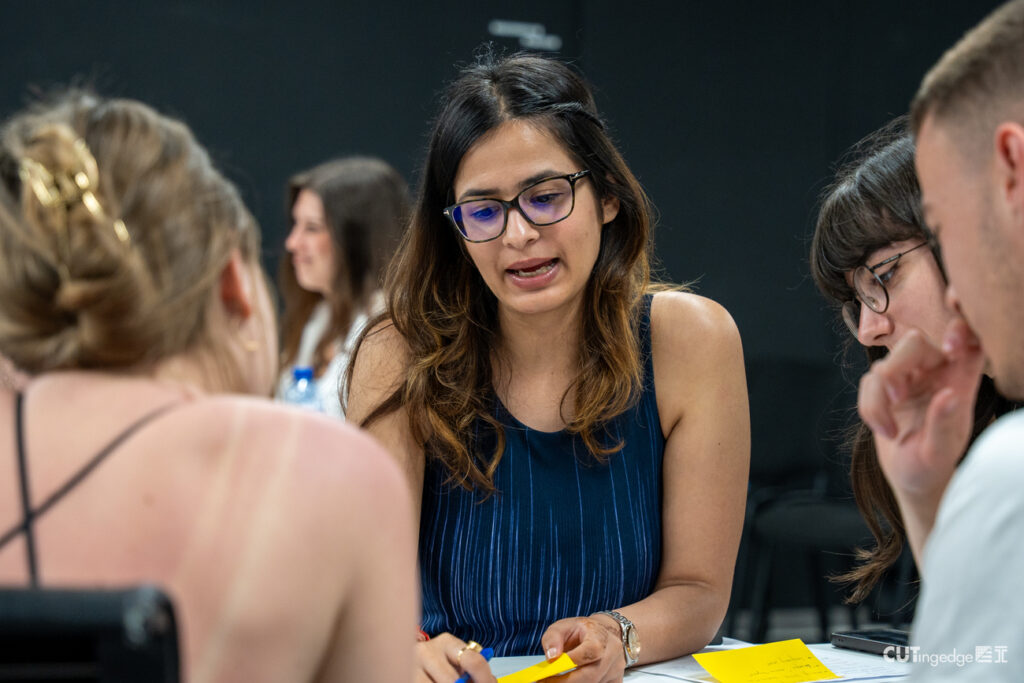
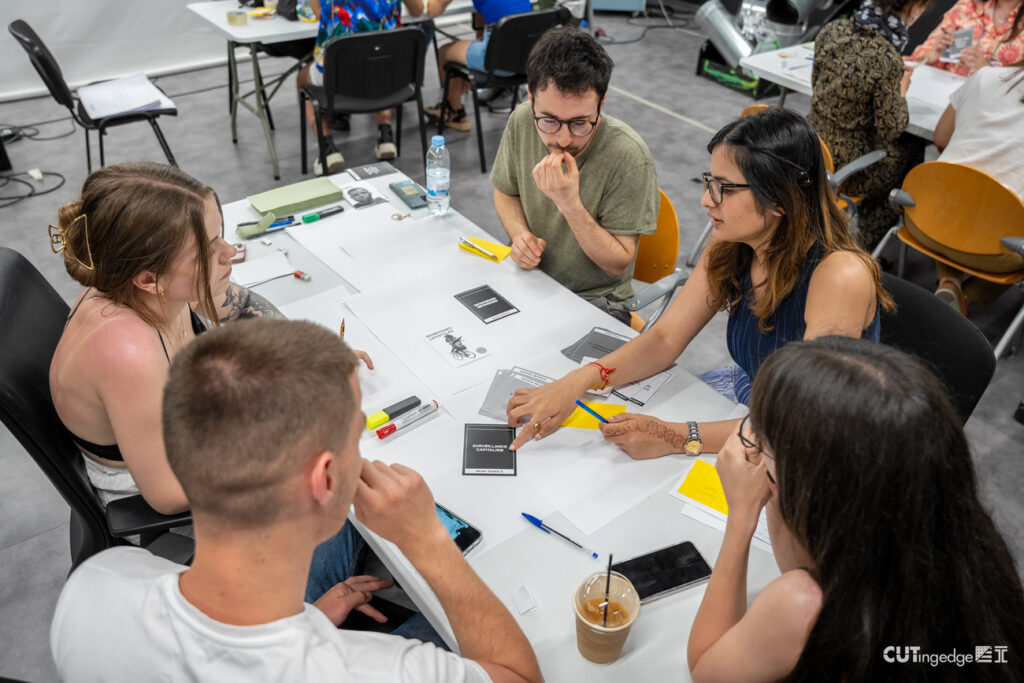
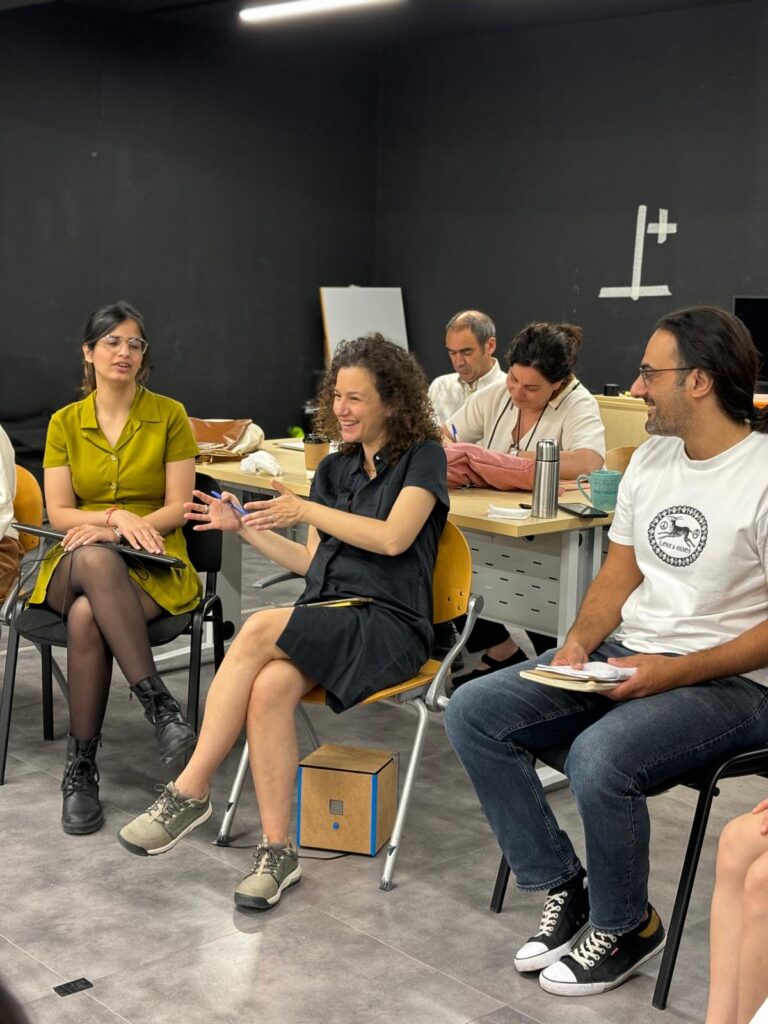
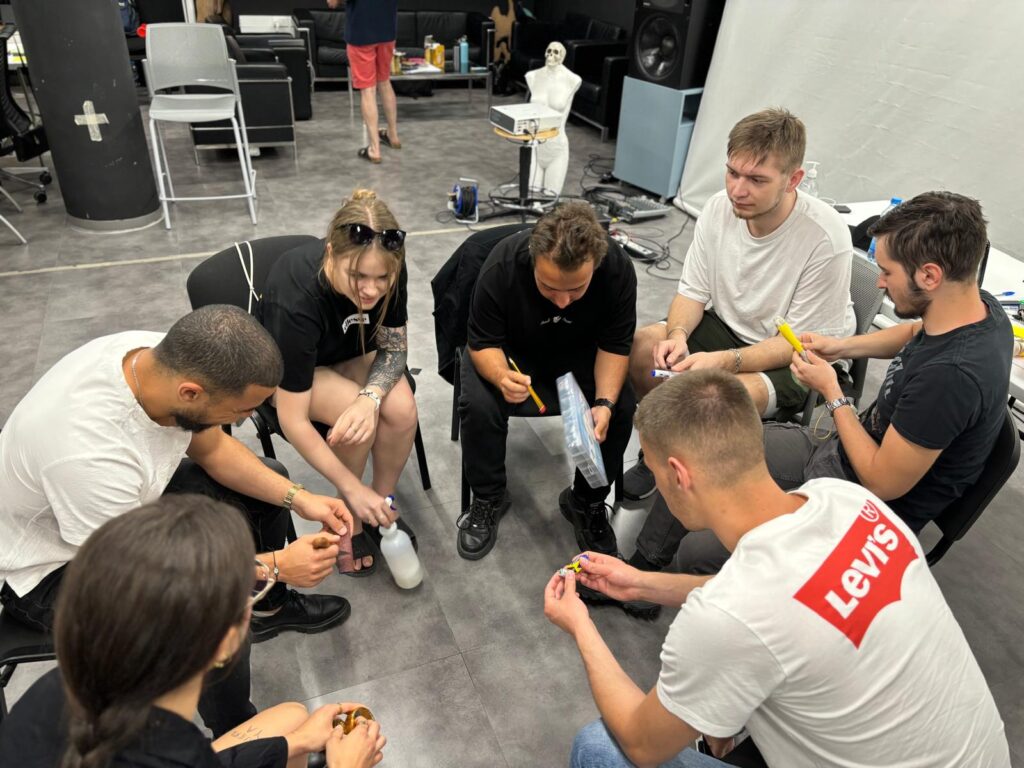
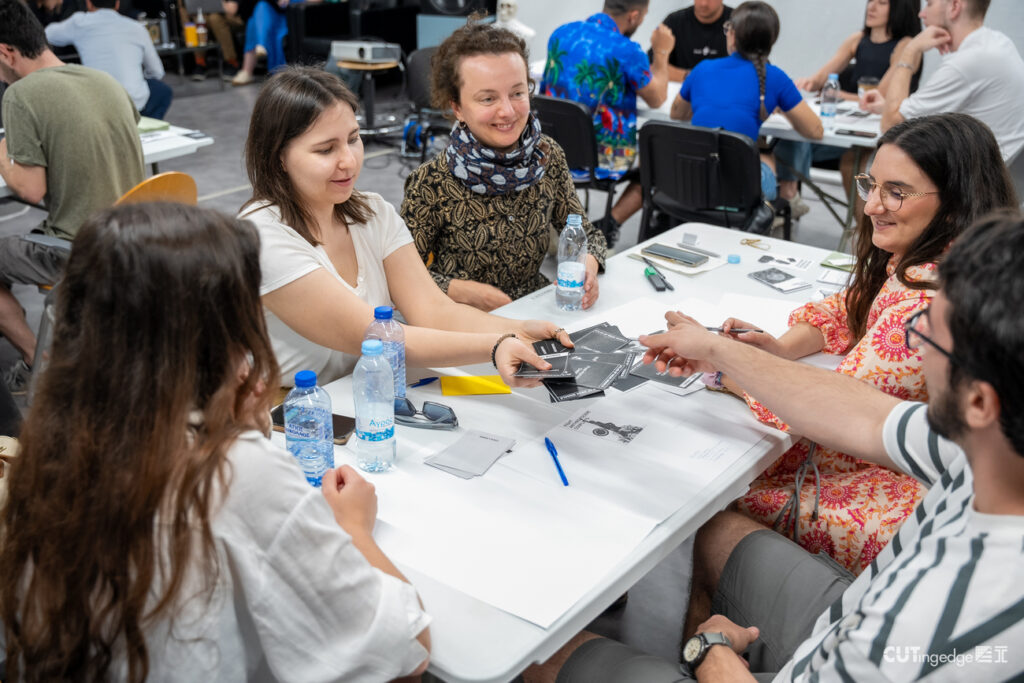
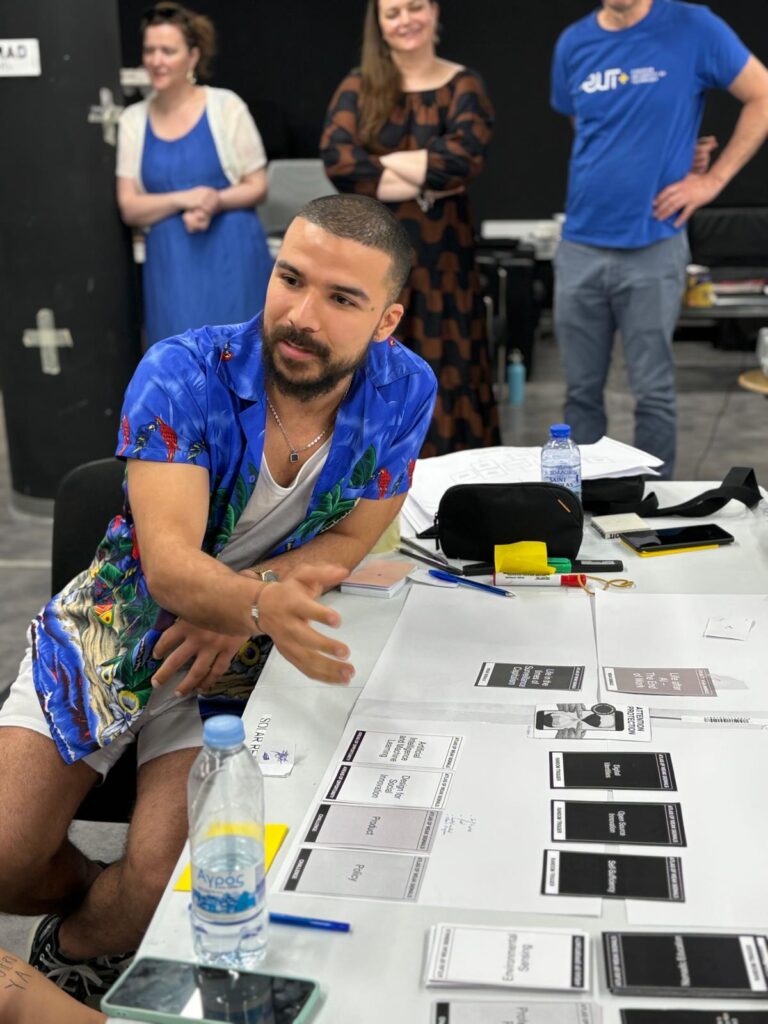
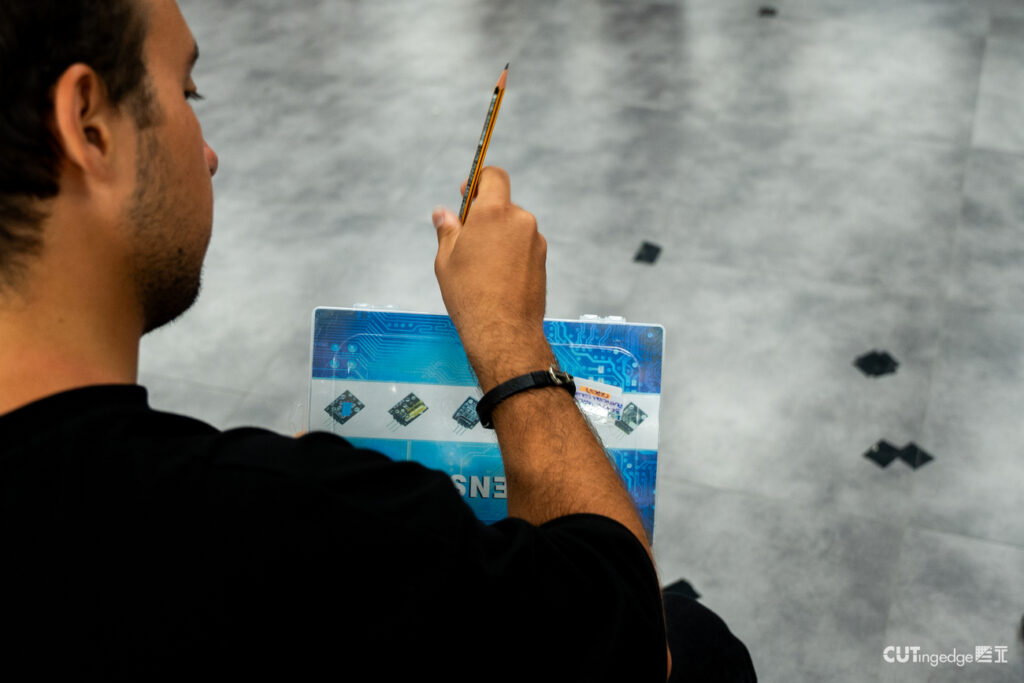
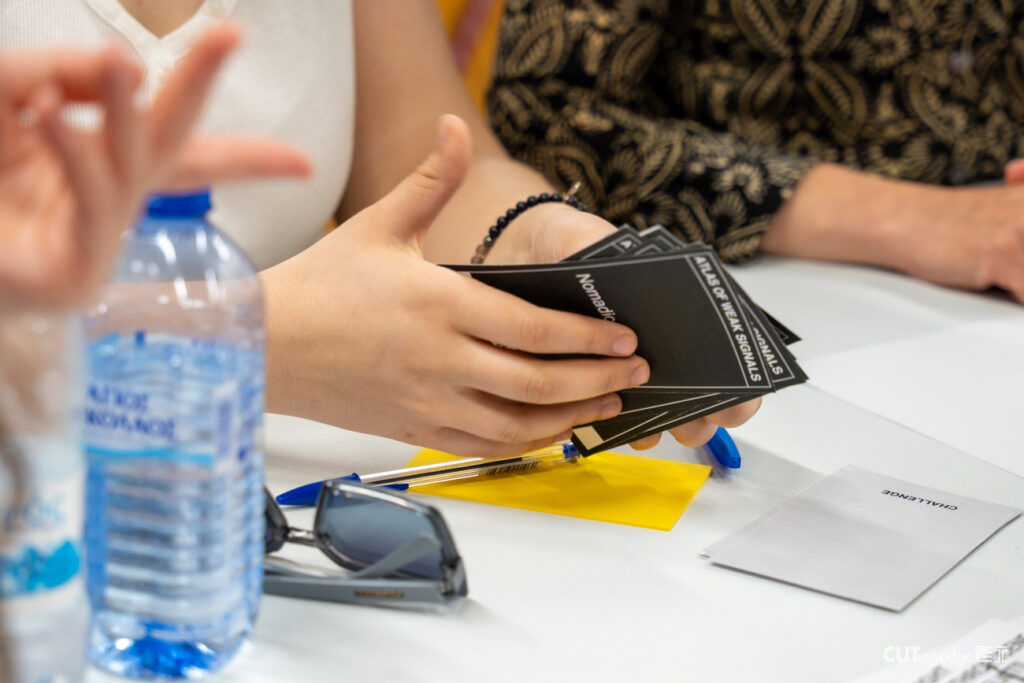
Educational Games Workshops
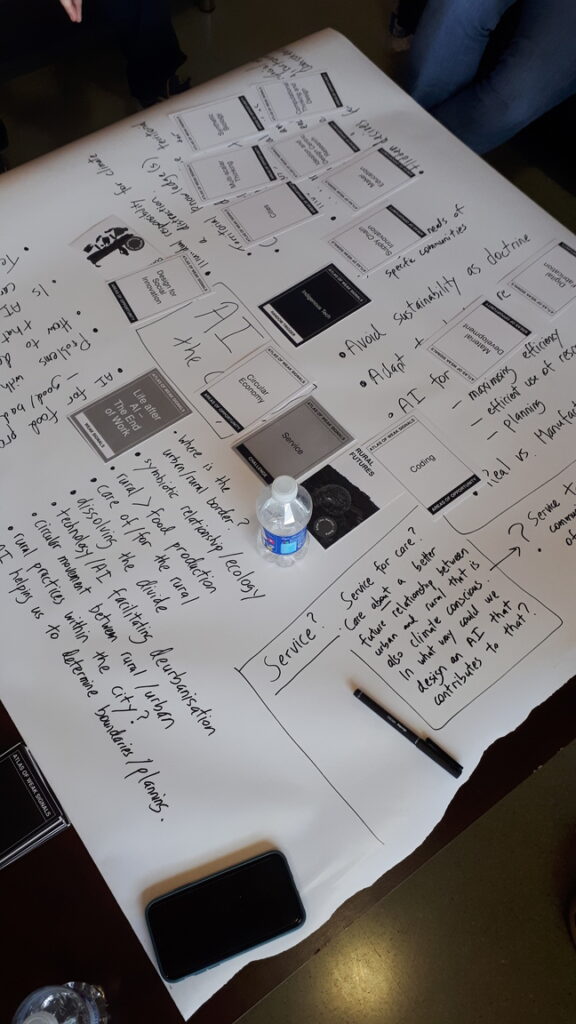
The core of the teacher’s programme was the three interactive ‘serious’ games workshops using three educational games; Atlas of Weak Signals, In the Loop, and Revolt.
The games were chosen by the PR3 team for the first ISP after an extended process of research into game-based educational experience. The objective was to test these games in a real world scenario to assess the suitability, of these games or similar ones, to introduce students to concepts of the circular economy and aesthetics of care in ways that were appropriate across disciplinary backgrounds.The aim of the chosen games was to foster teamwork, critical thinking, and exploration of various outcomes related to participants’ choice and/or expertise. The games served as educational tools that prompt questioning of decisions, actions, and attitudes concerning ecological ethics, sustainability, design practices, and aesthetics of care.
The Student Programme Games Workshops built on the experience and feedback from the first ISP in Cartegena. Student participants completed a questionnaire before the workshops and after each game, with the three teacher facilitators – all of them participants in the Teacher Programme games workshops -completing a separate questionnaire.
The process and findings are discussed in greater detail in the publication, Aesthetics of Care and Sustainability in Technological Education: implementing a games based methodology (2024) Perez et al.
